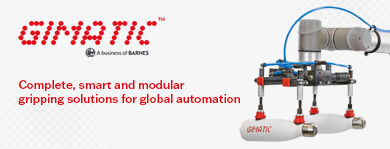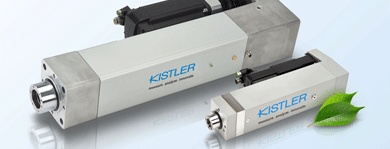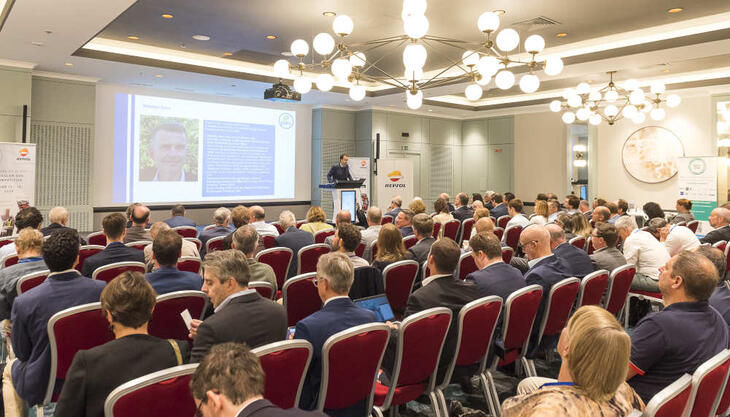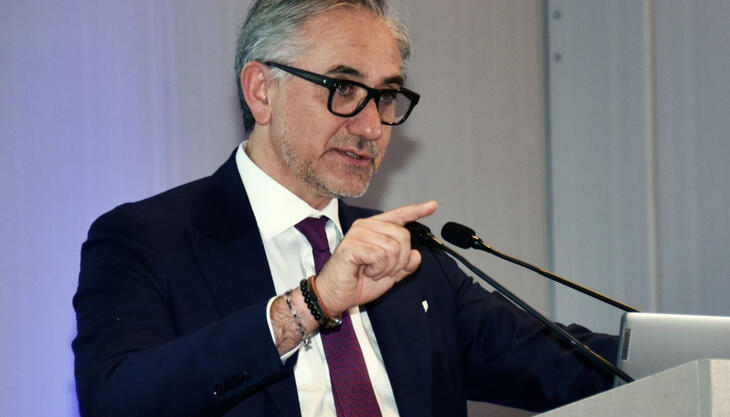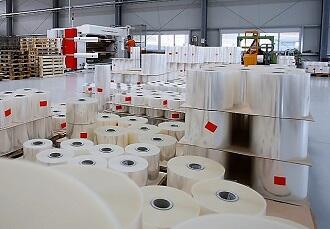
Last year, turnover was up by 3.2% on the 2015 figure (which itself had represented a 1.3% increase on 2014), amounting to a value of 60.8 billion euros (compared with the 59.8 billion recorded in 2015). These figures were released at the general assembly of GKV, the German association of plastics processors, a sector that numbers 2,900 companies with a total workforce of 317,000 people.
Sales on the domestic market amounted to 38.3 billion (+2.8%), while exports were worth 22.5 billion euros (+3.6%), the majority - over 70% - being destined for EU member countries. Underpinning this increase in turnover was a high volume of production, which amounted to 14.1 tons (+3.6%), a total that can be broken down by application areas as follows: 5 million tons for the construction industry (for a turnover of over EUR 19 billion, up by 4.7%), followed, in this order, by packaging (4.3 million tons, worth EUR 14.2 billion, +4.4%), technical items (3.3 million tons, corresponding to a turnover of almost EUR 18 billion, +1.7%), and consumer goods (1.5 million tons, worth EUR 9.6 billion, +2%).
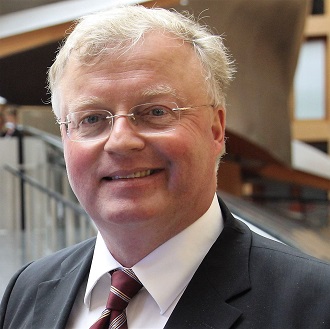 The business survey of member companies
conducted by Dirk E. O. Westerheide showed that a good 61% of those interviewed
claimed to have seen their business increasing. Instead, 20% reported that
business had remained fairly stable, while the remaining 19% had reportedly
suffered a dip. The outlook for 2017 - still in terms of turnover - remains
basically positive: 57% of German processors seem set to record an improvement,
34% are expecting to record levels in line with those of 2016, and just 9% fear
that business will decline.
The business survey of member companies
conducted by Dirk E. O. Westerheide showed that a good 61% of those interviewed
claimed to have seen their business increasing. Instead, 20% reported that
business had remained fairly stable, while the remaining 19% had reportedly
suffered a dip. The outlook for 2017 - still in terms of turnover - remains
basically positive: 57% of German processors seem set to record an improvement,
34% are expecting to record levels in line with those of 2016, and just 9% fear
that business will decline.









